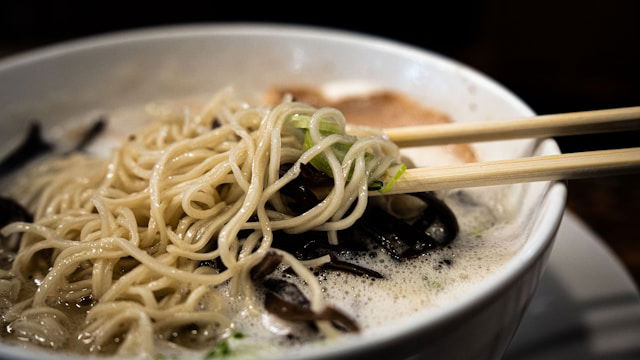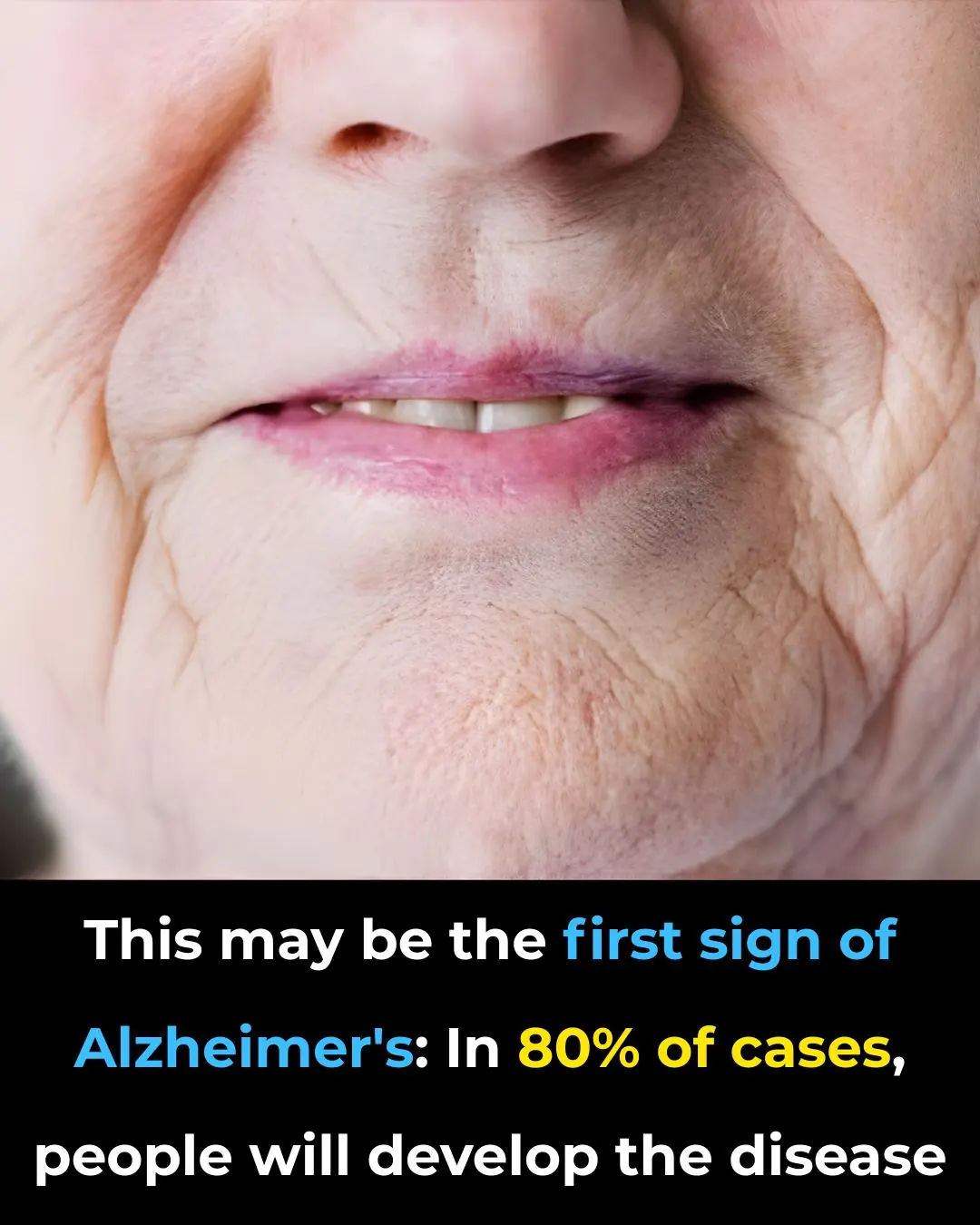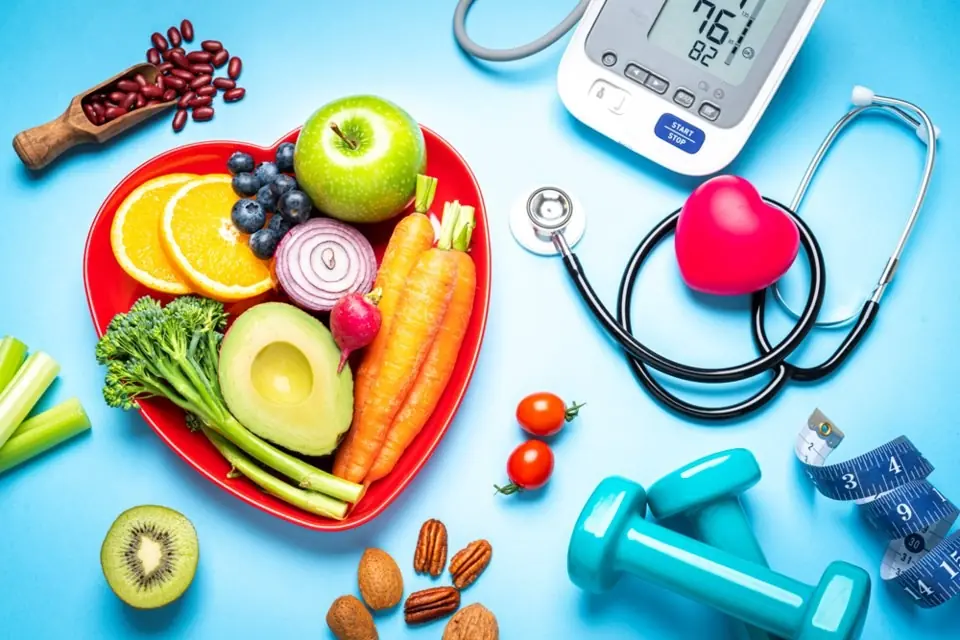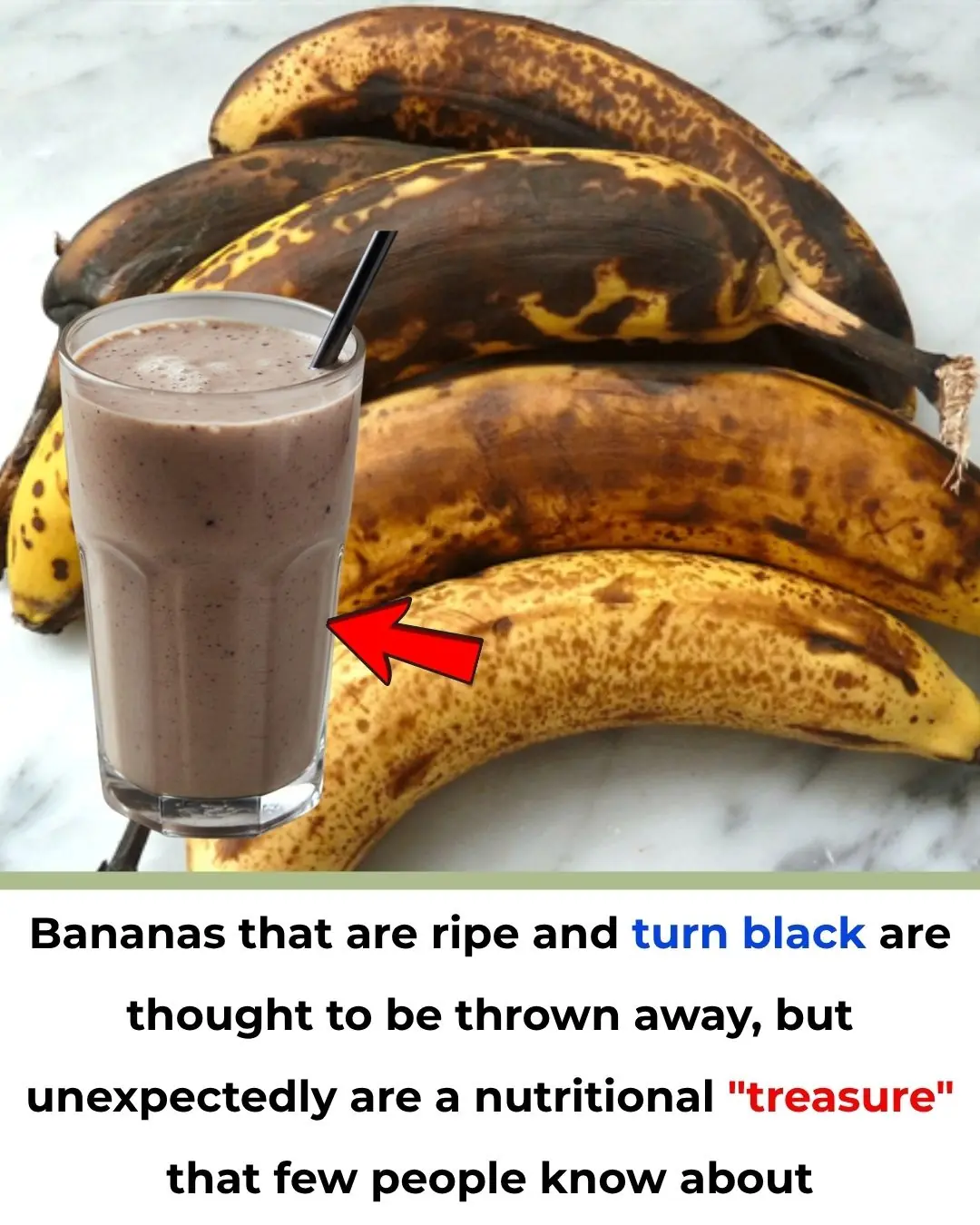
Alarming Study Links Eating Ramen Often to Early Death

Ramen—a globally beloved comfort food known for its savory broth, chewy noodles, and budget-friendly appeal—may come with unexpected health risks, especially when consumed frequently. According to new findings published in the Journal of Nutrition, Health and Aging, people who eat ramen regularly could face a higher risk of early death, particularly when unhealthy lifestyle habits accompany their eating choices.
The study, led by researchers from Yamagata University School of Medical Science in Japan, followed over 6,500 adults aged 40 and above. Their goal: to investigate how ramen consumption habits affect long-term health outcomes—and the results were sobering.
🧪 The Study: What Researchers Discovered
Participants were divided into four groups based on how often they ate ramen:
-
Less than once a month
-
1–3 times a month
-
Once or twice per week
-
Three or more times per week
This categorization allowed scientists to observe health patterns over several years and make direct comparisons based on consumption frequency.
🍜 What Counts as Ramen?
For the purpose of the study, "ramen" referred to traditional Japanese-style noodle soup—typically made with wheat noodles served in a rich, often pork-based broth. The dish is usually topped with ingredients like seaweed, sliced pork, green onions, or eggs. While these ingredients may sound healthy in moderation, the broth is typically high in sodium and saturated fats.
With ramen now popular worldwide—from Tokyo to New York to London—it’s become a dietary staple for many. However, its growing popularity may be accompanied by serious health consequences.
⚠️ Key Findings: Increased Risk of Early Death

During the study’s follow-up period of approximately 4.5 years, researchers recorded 145 deaths among the participants:
-
100 due to cancer
-
29 from heart disease
The most concerning results came from men under age 70 who ate ramen three or more times per week. This group had a significantly higher risk of early death than those who consumed it less frequently.
Frequent ramen eaters were also more likely to:
-
Smoke
-
Drink alcohol regularly
-
Be overweight or obese
These lifestyle factors appeared to amplify the dangers of ramen, suggesting that the meal's effects are compounded when combined with other unhealthy habits.
🧂 Why Is Ramen Potentially Harmful?
The study points to excess sodium as the primary concern. A single bowl of ramen, especially when the broth is consumed, can exceed the recommended daily sodium intake. Most health organizations recommend no more than 2,300 mg of sodium per day—yet one serving of ramen often surpasses that.
Health risks of high sodium intake include:
-
High blood pressure (hypertension)
-
Increased risk of stroke
-
Heart disease
-
Kidney damage
-
Gastric cancer
Over time, these conditions can lead to serious, even fatal, health outcomes—particularly in populations already at risk.
🧃 Ramen + Alcohol: A Risky Combo
An unexpected detail in the study showed that participants who frequently combined ramen with alcohol consumption had an even higher mortality risk. Researchers believe this combination worsens dehydration, elevates blood pressure, and puts additional stress on the heart and kidneys.
In short, pairing ramen with alcohol may be a cultural norm in some settings, but it comes with hidden dangers that shouldn’t be overlooked.
🍲 Broth: The Hidden Culprit
Interestingly, the study found that the broth—arguably the most flavorful part of the meal—is also the most dangerous. People who consumed half or more of the soup faced more severe health outcomes.
Because the broth contains the majority of the dish’s sodium, finishing it drastically increases salt intake, exacerbating health risks.
👉 Pro Tip: If you're going to enjoy ramen, try leaving the broth unfinished or opt for low-sodium alternatives.
🧠 Is Ramen the Direct Cause?
It’s important to note that this was an observational study, meaning it can’t conclusively prove that ramen directly causes early death. However, the strong and consistent correlation between ramen frequency and increased mortality makes the findings compelling.
The researchers called for more investigation into the biological mechanisms that might explain these outcomes, including how high sodium and poor nutrient balance affect long-term health.
🥦 Why Ramen Falls Short Nutritionally
From a nutrition standpoint, ramen is high in refined carbs and fats, but low in key nutrients such as:
-
Dietary fiber
-
Vitamins A, C, and D
-
Calcium and magnesium
-
Lean protein
This imbalance can disrupt a healthy diet, leading to:
-
Metabolic disorders
-
Obesity
-
Insulin resistance
-
Nutrient deficiencies
Many instant ramen varieties also contain preservatives, artificial flavor enhancers, and trans fats, which add to the potential harm.
🌍 The Global Impact: Instant Noodles Under Scrutiny
While this study focused on traditional ramen, it raises bigger questions about the global popularity of instant noodles—which are often higher in sodium and chemical additives than their fresh counterparts.
With millions of people consuming instant noodles daily, particularly in low-income communities and student populations, the study’s implications could have worldwide significance.
✅ How to Enjoy Ramen More Safely
Ramen doesn’t have to be off the menu entirely. In fact, small changes can significantly reduce health risks:
Healthier Ramen Tips:
-
🧂 Choose low-sodium broths or skip most of the soup
-
🥬 Add vegetables (like spinach, bok choy, carrots, mushrooms) for fiber and nutrients
-
🍗 Include lean protein (chicken, tofu, or a boiled egg) to balance macronutrients
-
🍜 Use fresh noodles instead of instant
-
🏠 Make ramen at home, where you control the salt, oil, and toppings
-
🥢 Eat ramen occasionally, not several times a week
These small modifications can make a significant difference in how ramen fits into a healthy diet.
🧠 Final Thoughts: Moderation Over Elimination
The research doesn't suggest that ramen must be avoided completely—but it does challenge the habit of eating it frequently. Ramen is comforting, tasty, and convenient, but its nutritional shortcomings—especially high sodium content—can impact long-term health if left unchecked.
🔑 Key Takeaway:
“It’s not just what you eat—it’s how often you eat it, and what else you do with your lifestyle.”
As with many foods, moderation is essential. Occasional ramen meals, especially when balanced with a healthy diet and lifestyle, are unlikely to cause harm. But regularly eating ramen, especially alongside alcohol or smoking, can increase your risk of serious health issues—including early death.
🧭 In Conclusion
This new study adds to a growing body of evidence warning against the frequent consumption of heavily processed or unbalanced meals like ramen. While it remains a beloved comfort food across cultures, ramen should be enjoyed mindfully, not habitually.
If you're a ramen lover, don’t panic—but do reflect on your eating patterns, and consider how a few small changes could protect your health for years to come.
News in the same category


This is what happens to your body if you eat eggs for breakfast.

This may be the first sign of Alzheimer’s

3 types of cheap vegetables in the market help treat melasma effectively: Crush them and apply them to your face to see

10 Warning Signs Your Liver is Overloaded with Toxins Don’t Ignore These!

Doctors Urge: Don’t Ignore Unexplained Bruising These Hidden Reasons Could Be the Cause

Struggling to Sleep? A Famous Doctor’s 60-Second Trick Could Change Your Nights Forever

10 Urgent Warning Signs You’re Eating Too Much Sugar

Holding Cloves in Your Mouth: A Natural Way to Relieve Toothache

Doctor has message for anyone who wakes up between 2am and 3am

5 Hygiene Mistakes that Many People Make…

What Really Happens When You Drink Coffee Every Morning

Warning Signs of Poor Blood Circulation You Can’t Afford to Miss

Eat THIS Daily to Keep Your Arteries Clean and Your Heart Healthy

Dates: The Single Food for Heart Attack, Hypertension, Stroke, and Cholesterol

Drink This 1 Cup to Improve Blood Flow and Circulation in Your Legs & Feet

Doctor Reveals 5 Powerful Snacks That Help Your Body Fight Cancer and Disease

The 3:3:10 Method: 3 Exercises to Improve Leg Circulation
News Post

“Little Warrior: How Raedyn’s Strength and His Mother’s Instincts Kept Him Fighting”

GOODBYE, SWEET SELENA — A MOTHER’S LAST EMBRACE

40-Year-Old Parrot Waits Alone for 2 Weeks in Empty Home, Collapses After Finally Being Rescued.

When the Music Became a Goodbye.

The Elephant Who Collected His Own Toll.

Why Drinking Water on an Empty Stomach Is Beneficial

The reason behind children not visiting their parents

Bananas that are ripe and turn black are thought to be thrown away, but unexpectedly are a nutritional "treasure" that few people know about

Great tips for the bathroom: Disposable masks can 'eliminate' bad odors, making the space surprisingly clean and fragrant

Powerball Winner Turns $2 Billion Fortune Toward Rebuilding Fire-Ravaged L.A. Homes

The Astonishing Claim That Humans Might Be Built for 20,000 Years

Save this for when you need it: How to cure 46 diseases with medicine-free tips

The Dying Lions of Khartoum: A Cry for Compassion Amid Collapse

The Gentle Embrace: A Baby Elephant’s Heartfelt Hug.

Why do gourmets always choose places with lots of leftover tissues when eating out?

Signs Your Adult Child May Resent How You Raised Them

Full Circle: The Boy Who Saved the Woman Who Once Saved Him.

What’s the Reason Behind Painting Trees White?

When ants randomly crawl into the house, here's what the Universe is trying to tell you
